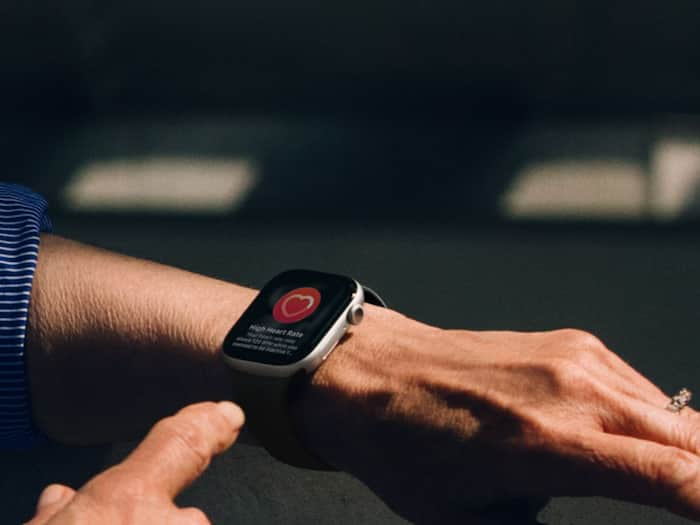
Written By Divya
Edited By: Divya | Published By: Divya | Published: Sep 13, 2025, 04:01 PM (IST)

The U.S. Food and Drug Administration (FDA) has officially given Apple the green light to roll out a new hypertension detection feature on select Apple Watch models. This marks another major step in Apple’s long-term plan of turning its smartwatch into a reliable health companion. Also Read: No goodbye to Dynamic Island! iPhone 18 Pro leak hints a big relief
The feature was announced during Apple’s September 9 event, where the company also unveiled a refreshed iPhone lineup, including the slimmer iPhone Air. Also Read: Apple Pay could arrive in India soon, but with key limitations: What we know so far
Apple confirmed that the hypertension notification feature will arrive by the end of September on the Apple Watch Series 9, Series 10, Series 11, and the premium Ultra 2 and Ultra 3 models. The rollout will extend to around 150 countries and regions, covering both the U.S. and Europe. Also Read: 6 best tablets under Rs 40,000 that are worth your money in 2026
The feature is handled by Apple’s optical heart sensor, which tracks how blood vessels respond to each heartbeat. Instead of providing spot checks like a traditional cuff, the system works passively in the background. The algorithm reviews health data collected over 30-day periods and alerts the user if it notices consistent patterns that may indicate high blood pressure.
“The feature was developed with advanced machine learning and training data from multiple studies totalling over 100,000 participants. Its performance was then validated in a clinical study of over 2,000 participants,” Apple said in a statement.
Keep in mind, this isn’t meant to replace medical devices. Even Apple say “the feature is expected to notify over 1 million people with undiagnosed hypertension within the first year.” The feature won’t catch every case of hypertension, but it’s designed to warn you early if something looks off. Apple says it could alert nearly a million users worldwide.
The rollout also comes at a time when health tracking has become a big focus for smartwatch makers. With the FDA’s nod, Apple gets a crucial health feature for their users; however, you should still consult a doctor for an accurate diagnosis.